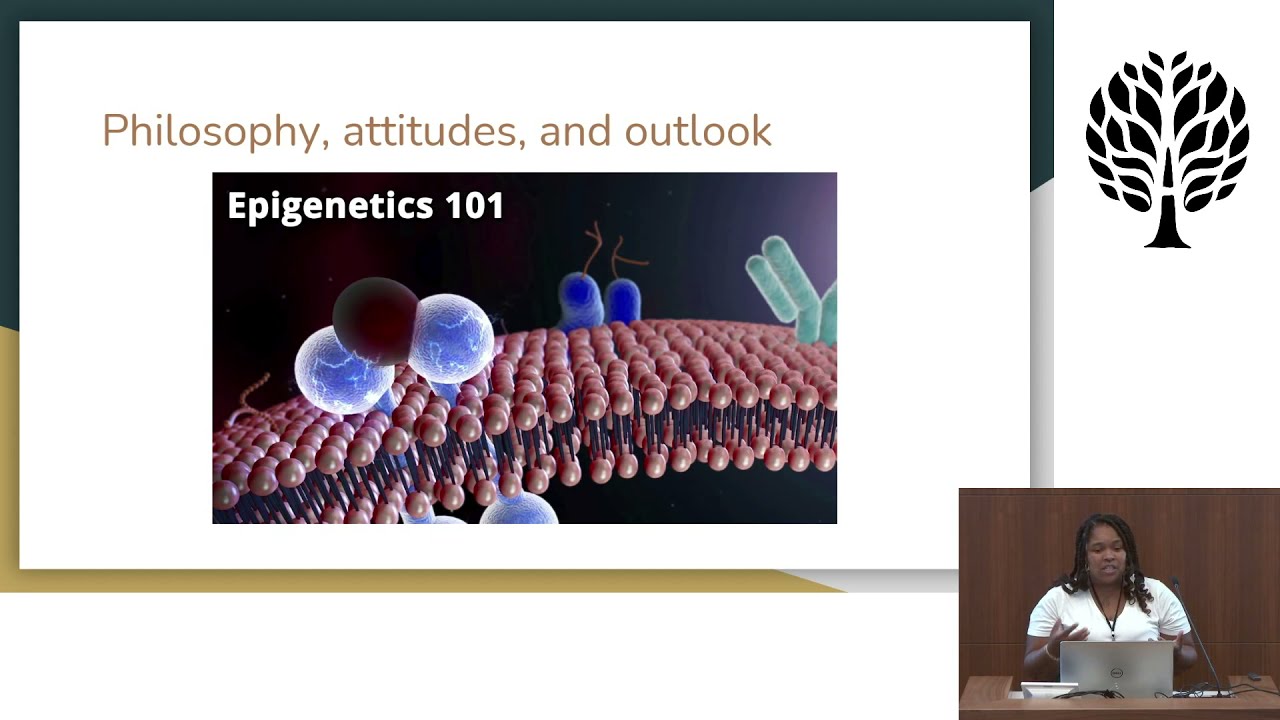
Exploring A Diet Rooted in African Traditions for Optimal Health – Orleatha Smith (AHS21)
Exploring A Diet Rooted in African Traditions for Optimal Health – Orleatha Smith (AHS21)
Full Title: The Pursuit of Health Through Heritage — Exploring A Diet Rooted in African Traditions for Optimal Health – Orleatha Smith (AHS21)
Diet plays an essential role in human development and growth, contributing to health and well-being. While an ancestral diet has been shown to be beneficial, culturally specific dietary guidelines…
source
Reviews
0 %


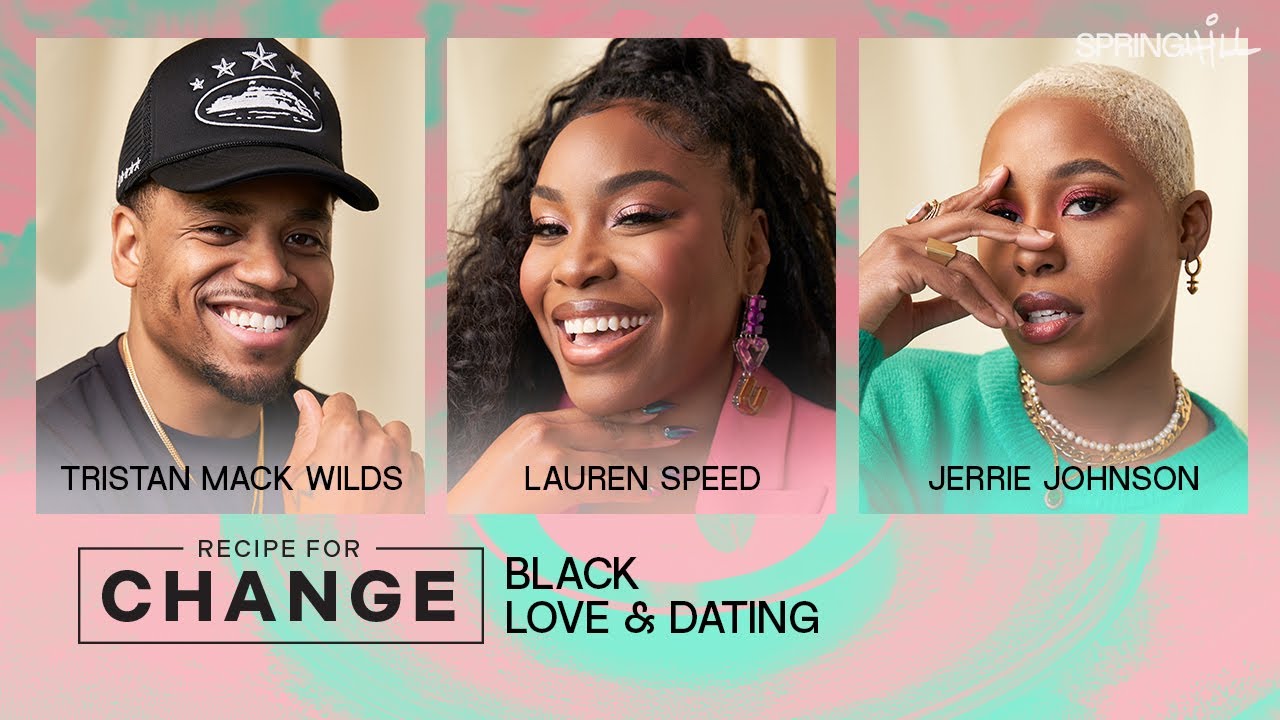
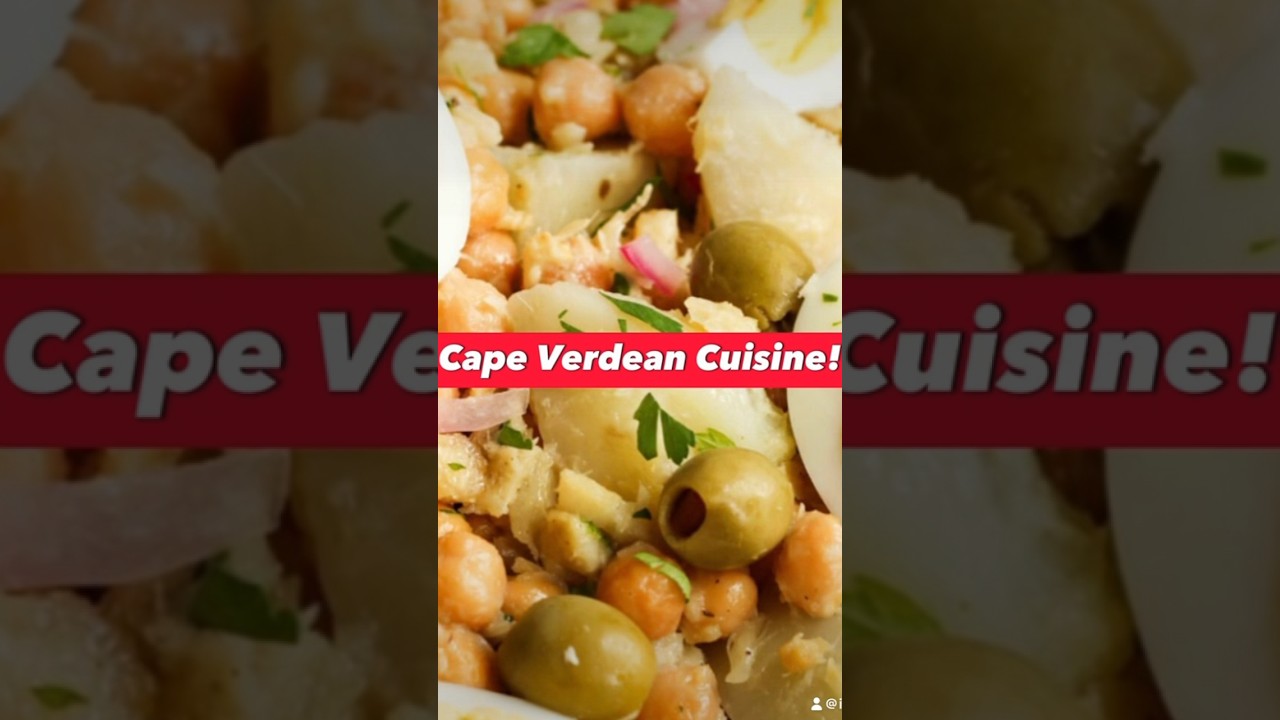
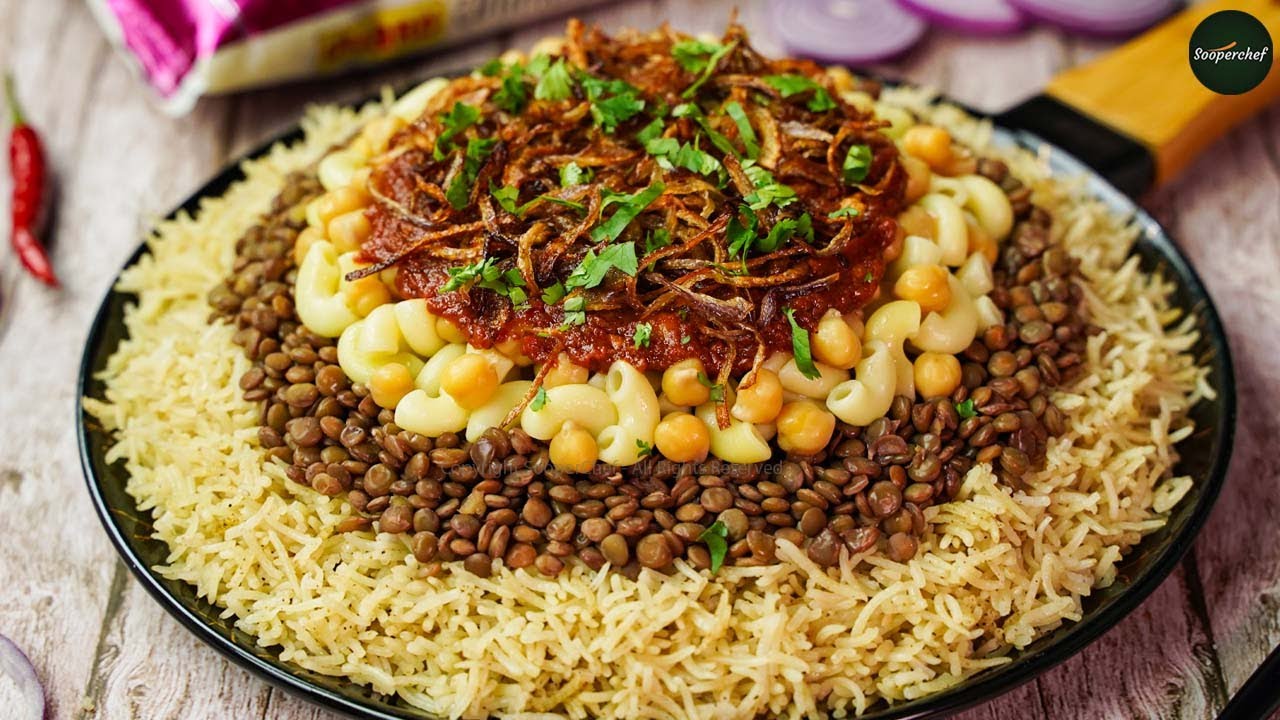

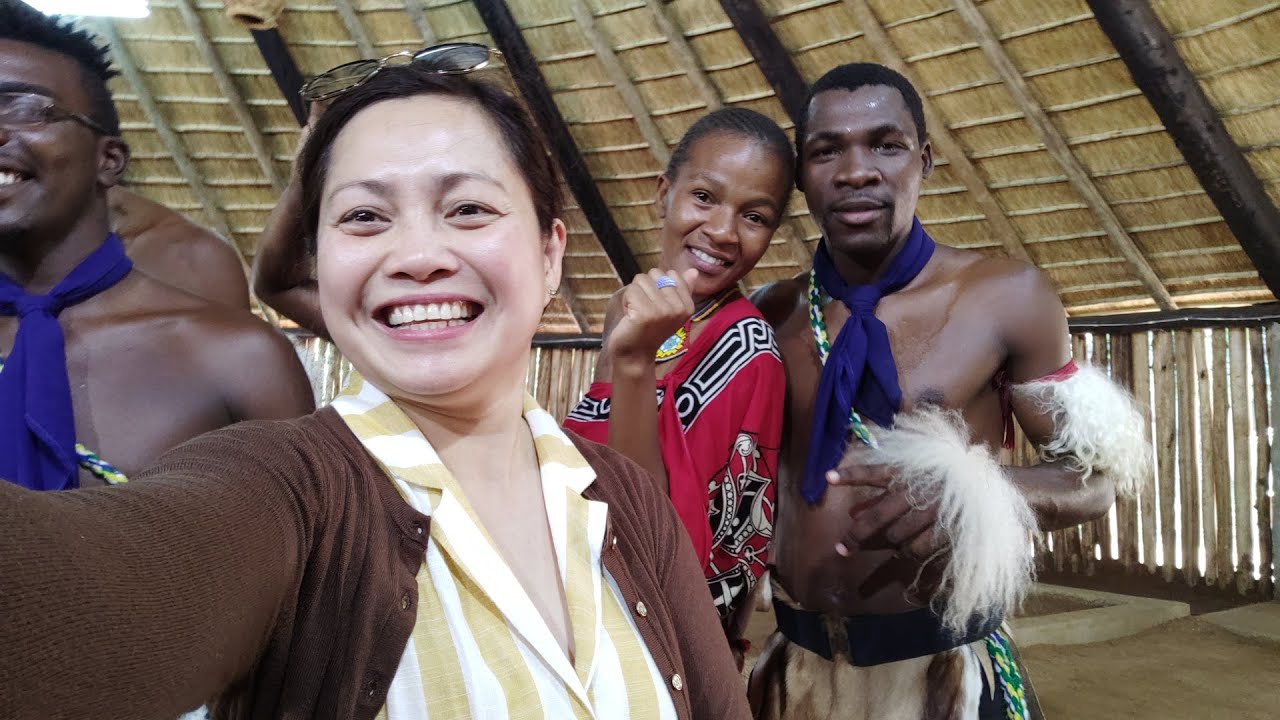

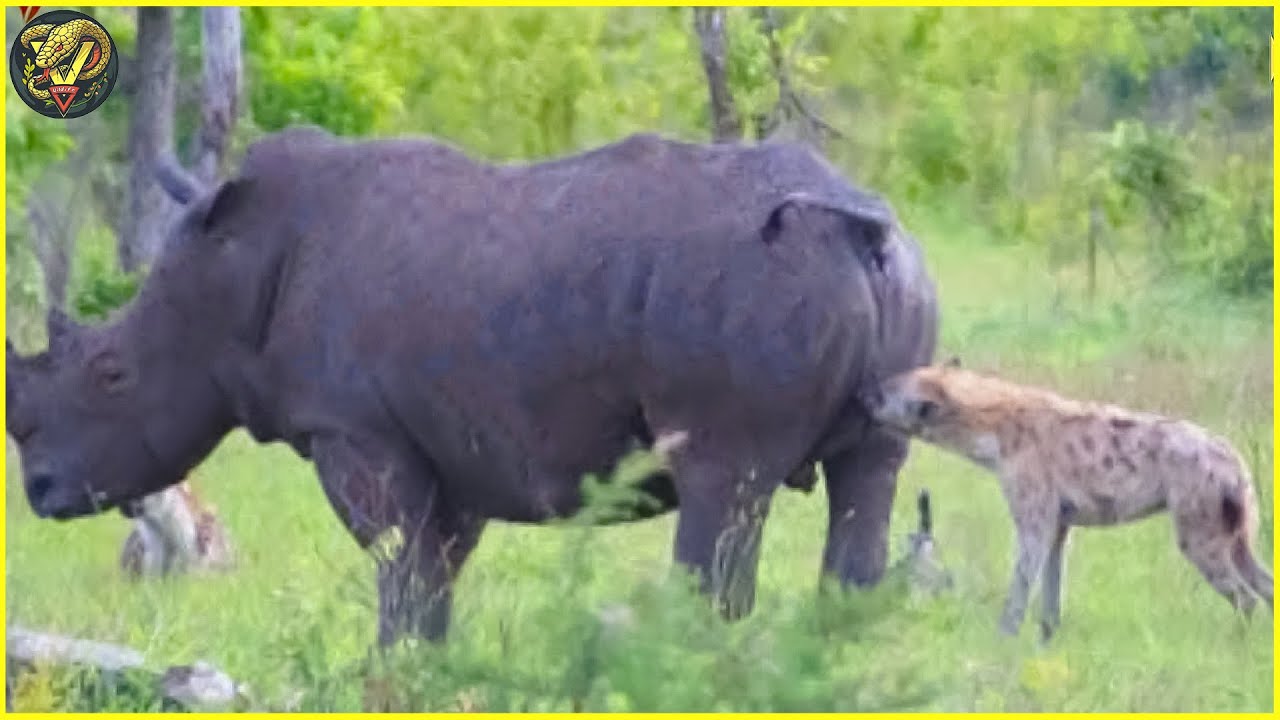
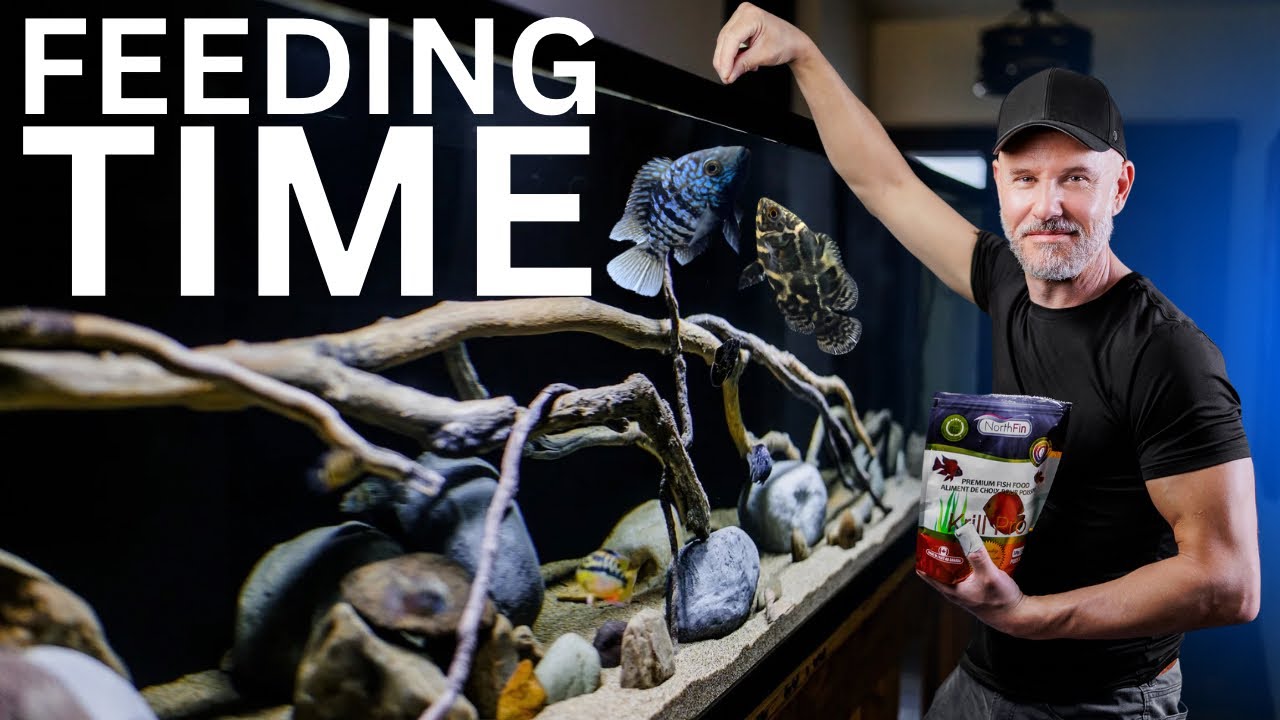

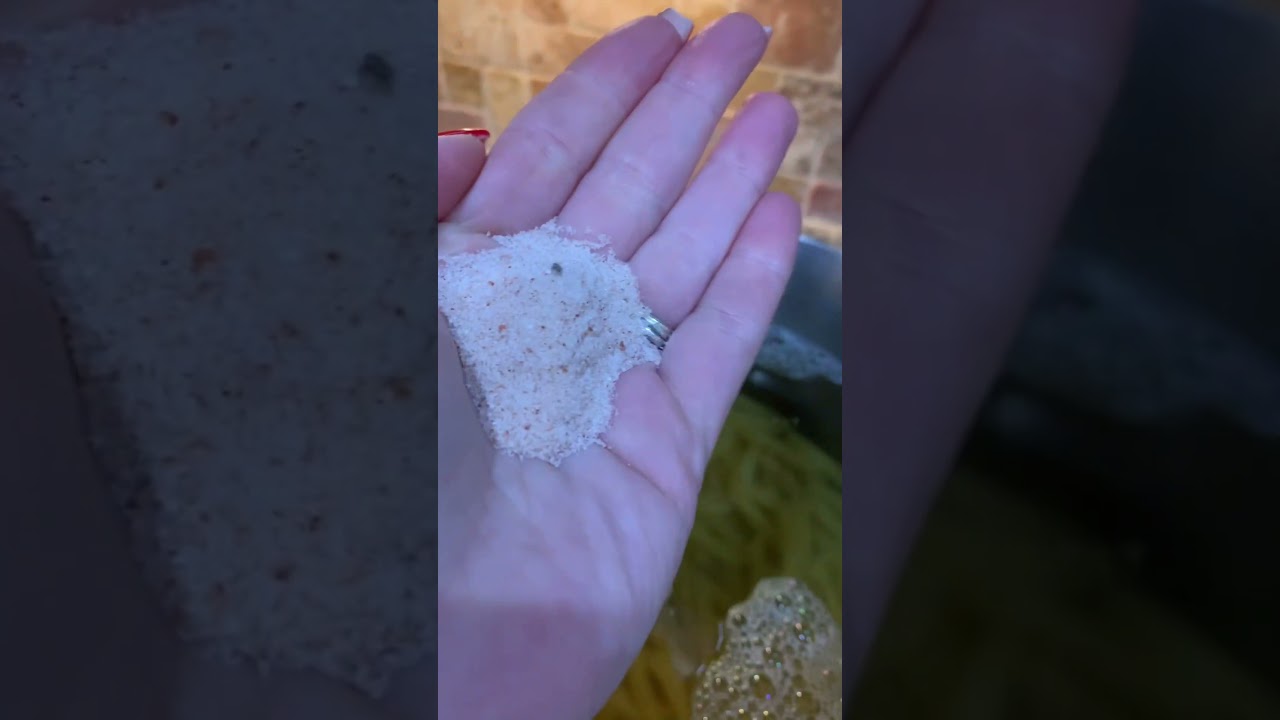

One dr. I watch said to eat like your grandparents or great grandparents. I thought that made sense. They ate clean, non gmo, seasonal foods. Adding the heritage concept to that makes good sense.
Her robust laughing at her own jokes is distracting
Makes complete sense. I did all the other 'primal' style diets also – but they reflected assumptions that just didn't hold up for every region of the world, and certainly not for my African and Caribbean ancestors. Other places in the world may have hunted first, but West Africa was lush (you can still see it in some places), the islands were (are) lush. Their foods would have been vegetation & fruit, simply because it was there and easy. Tubers for the same reason (the ubiquitous yam). Seafood, probably oysters initially – and everything else from there once cooking became a thing. Also very traditional is the importance of rest, connectedness, and fun. Thank you for this presentation, Orleatha. It was very much the right word at the right time. 😃
26:55 beans (ewa) are not a purely new world crop, black eyed peas originated in Africa and Yoruba people have so many traditional foods that we prepare with them (akara, moin moin, gbegiri, ekuru)….various types of squash/gourds/melons are native to Africa too…
agriculture was hardly popular in west africa for a long time… the climate is harsh to most crops. Also veggies in the wild are extremely toxic, some were domesticated the last few centuries. Also nothing on traditional fruits? raaaahhh they are the most important part as very humid equatorial climates favor their existence in those areas.
Rice?? lmfao west and central africans have some of the highest insulin sensitivity…. once again has no idea what she's talking about.
She has no idea what she's talking about. Literally has no idea how all the foods came to be now as "traditional" and what they actually ate thousands of years before. Rice or sourghum was never cultivated, grains and veggies either up until contact with berbers and muslims and northeast africans. Also in west africa you have essentially nilotic descendants (fulas and sahara people) that had a milk based diet until they stopped being nomads, while south in tropical areas are the more bantoid (or niger congo) people, usually lactose intolerant (no pastoral community in humid tropical areas), with sickle cell traits. The tropical ones have higher needs in sodium, iron and high protein diet for NO since you know, humidity.
Plus modern west african culture was so influenced by multiple others its hard to actually call anything traditional. Most of them picked up stuff from europeans, arabs etc, almost none left with actually historically accurate traditions (you can even see it in the language).
I understand her motivations to have more representation, but lacks knowledge on West Africa.
Uh what?… paleo is wrong… The healthiest ancestors ate animal based diets and properly prepared grains and veggies to reduce the antinutrients……
Sally Fallon Morrell has the best book Wise Traditions.
Fantastic stuff. As a health coach, I've also struggled with how to make keto and paleo diets culturally appropriate for myself and my clients. When we find ways to do that, lifestyle change becomes much easier and much more rewarding.
Reminds me of Jimmy Moore.
Everyone is free to adapt their diet according to their tastes and health but this talk seems to follow an agenda… She talks about the social bond (which is lacking in these times, especially when eating out) and its relationship with food to attract our empathy but in the end I feel she is talking more about "community", "traditions", "diversity" (and "body positivity" ?) than health. It's just weird…
She says that "some people need to eat rice" and "feel better eating rice" because "everybody is different" !!!??? WTF…. First, is pretty clear that is a social choice, because shi is talking about "community" all the time… and she is addicted to carbohydrates (of course she can't stop to eat rice !)… I know, I've been there, it is almost sentimental : the memories with family eating cake, chocolat, ice cream, pizza, sandwichs, meals with bread, meals with potatos, pasta, chinse food, etc !!! But it is just addiction, is the bad bacteria in you gut trying to convince you to come back to junk food cause is that bacteria that needs these food to survive, not you… for us is poison.
I know she's talking from her experience and perspective but a more interesting talk would be about how to help young diabetics who live in neighborhoods or towns so far away that there is no store or supermarket that sells meat and vegetables, only junk food and flour… Maybe one day Ancestry Foundation will have someone saying that for some people junk food is healthy !!!!
She is absolutely glowing. Great presentation 🙌🏼
Traditional foods would be from hunting wild game, the other stuff was used in times of starvation or famine and would never have been used in large amounts if hunting was plentiful.
She sure ate a pyramid of food.
Heritage and cultural foods are great and mostly healthy, for the metabolically healthy. However for many who are metabolically unhealthy from chronic consumption of seed oils, sugars and refined carbs, eating carbs no longer work for our bodies and health. Sorry to say, this woman shows she is metabolically unable to tolerate the tubers and grains she is consuming…
Stopped at 9m. Magic… Vodoo.. She failed to show her ideas work on her. Bodypositivity crap again?
Firstly, thanks for the shoutout!
Secondly, thanks for sharing the fact that ancestral foods should pay attention to tradition, heritage and culture. So often overlooked. Highlighting what works for you and the reasons as to why. I too am of West African heritage and so great to hear about your health improvements too. Love the statement about foods being banished from your queendom but now they are back. Diversity makes us stronger, thank you!